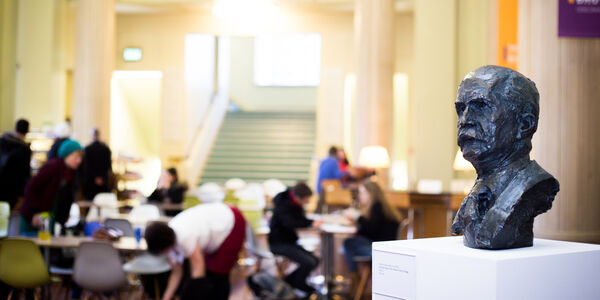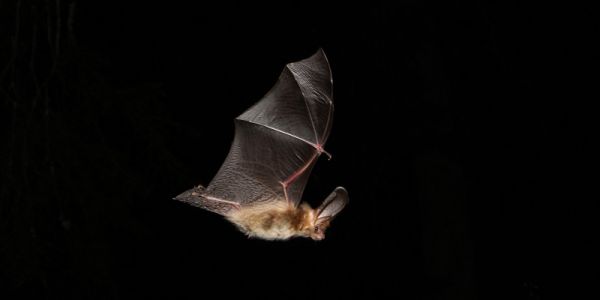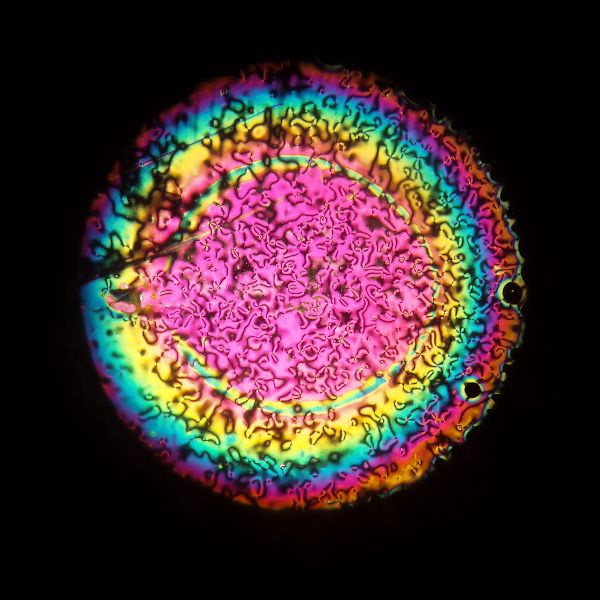
Controlling the ‘social life’ of proteins aims to transform drug discovery
A new £3.4 million programme will develop new tools to understand which interactions between proteins in the human body are relevant to disease.

A new £3.4 million programme will develop new tools to understand which interactions between proteins in the human body are relevant to disease.

Scientists have developed an innovative way of using one of the biggest problems facing health services—antibiotic resistance—to develop drugs to combat some of the most intractable diseases.

The work of the University of Leeds professor who developed one of the most influential scientific techniques of the 20th Century has been commemorated 100 years after he received the Nobel Prize.
Scientists and world leaders are convening in Paris to tackle climate change, and the University of Leeds is well represented at the talks, offering a wealth of expertise in climate change science.

The role volcanic activity played in mass extinction in the Earth’s early history is likely to have been much less severe than previously thought, according to a study led by the University of Leeds.

Observations led by astronomers at the University of Leeds have shown for the first time that a massive star, 25 times the mass of the Sun, is forming in a similar way to low-mass stars.

Scientists behind new research into the effects of transport infrastructure on biodiversity have developed much-needed approaches to protect wildlife.

A University of Leeds researcher is developing a new eye lens, made from the same material found in smartphone and TV screens, which could restore long-sightedness in older people.

Biologists arguing about whether the results of experiments by the man hailed as the father of modern genetics are "too good to be true" have been distracted from a more important debate.

Researchers have imaged in unprecedented detail the three-dimensional structure of supercoiled DNA, revealing that its shape is much more dynamic than the well-known double helix.